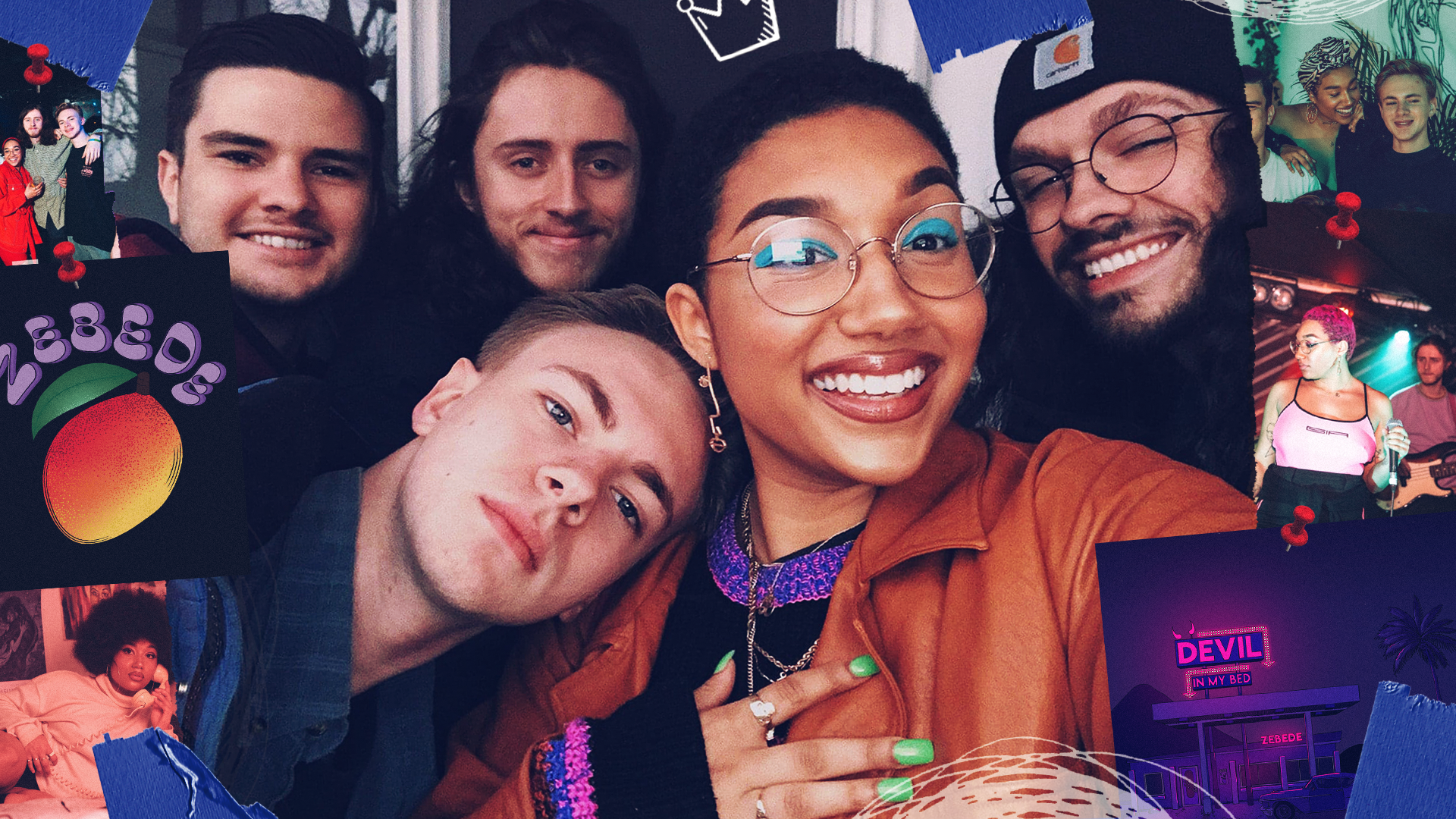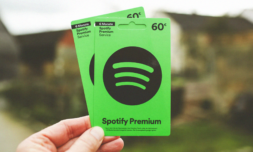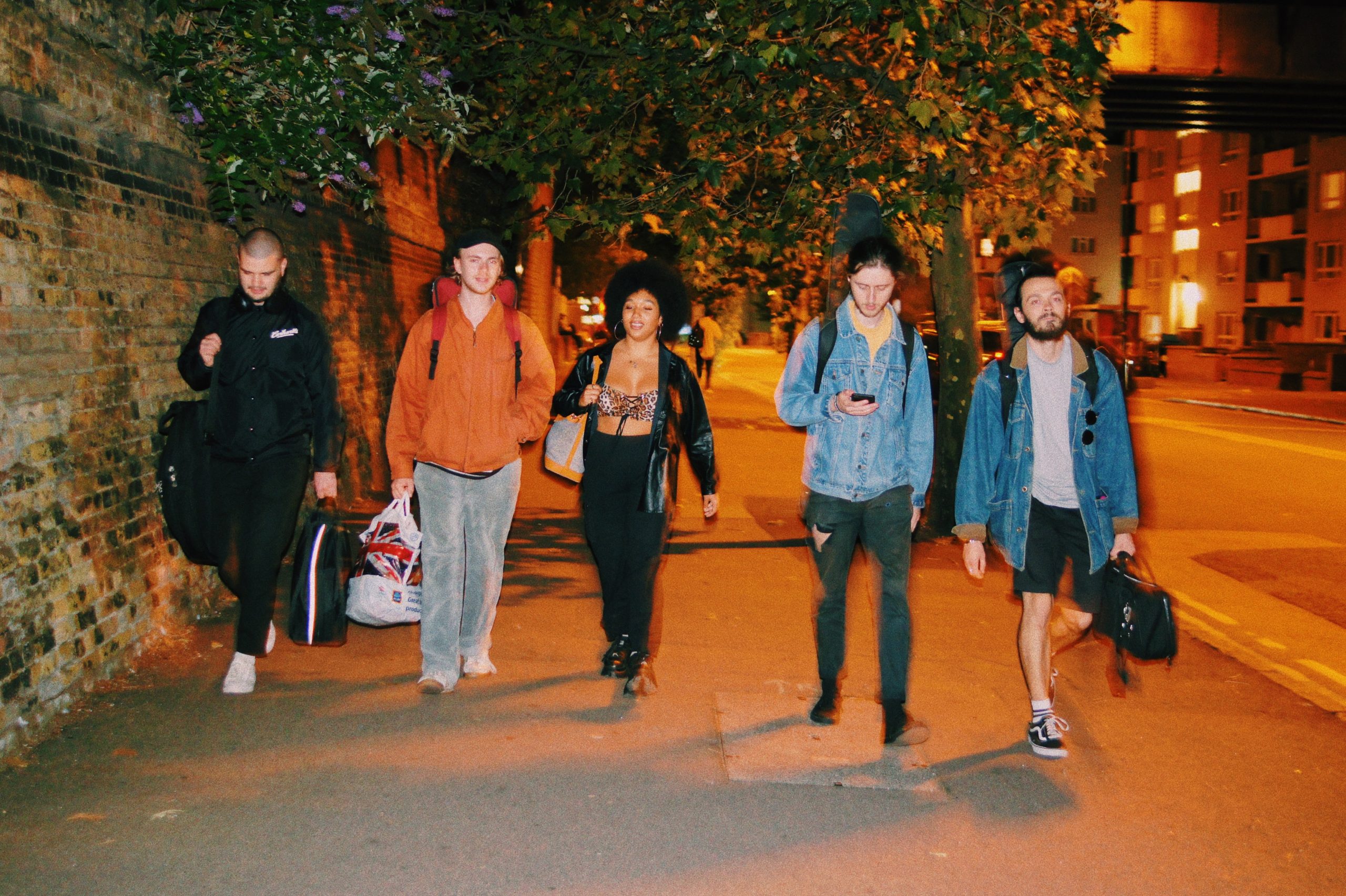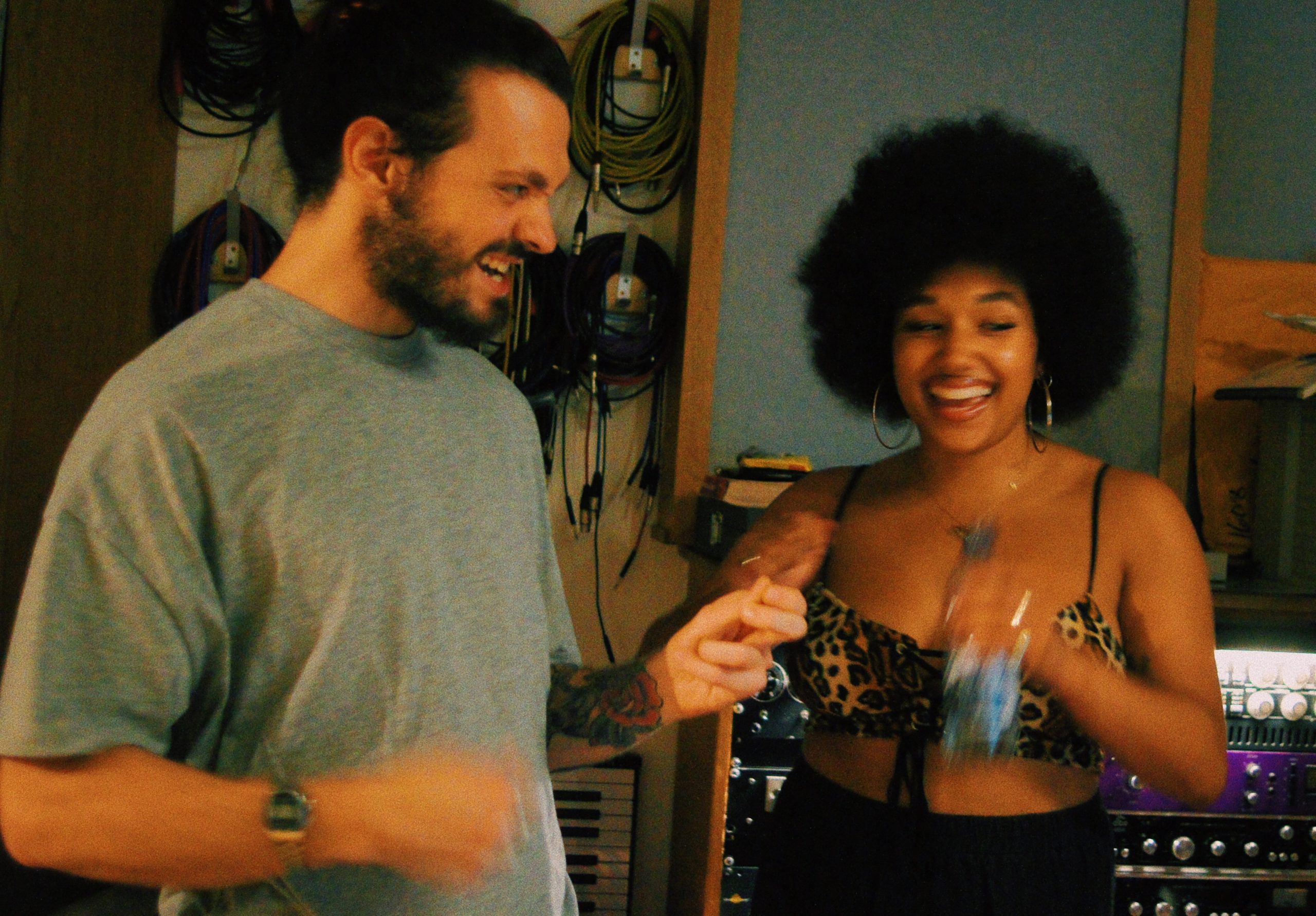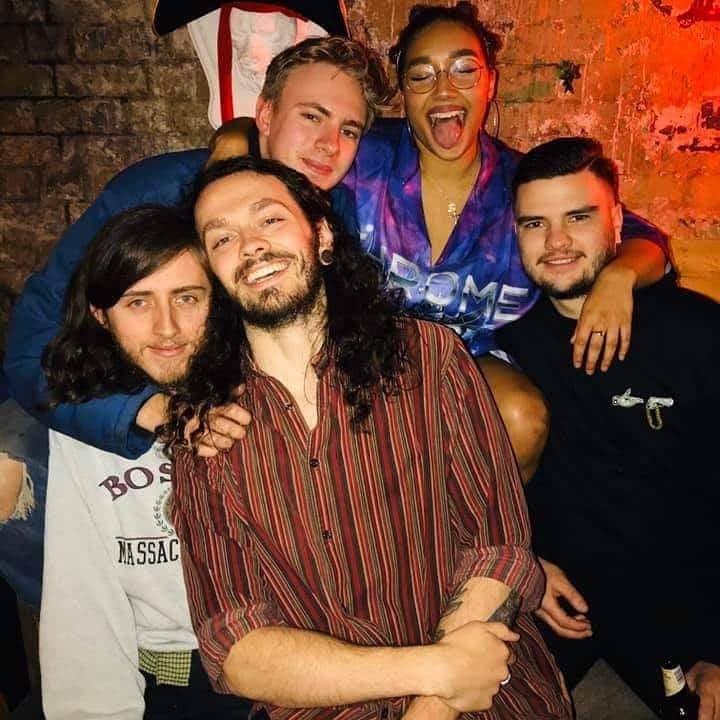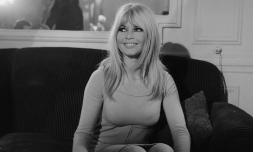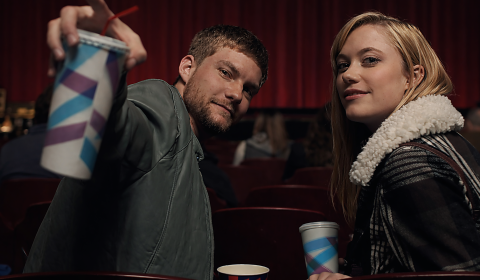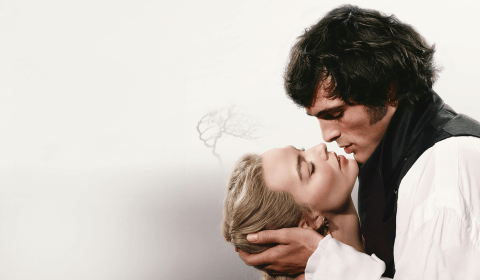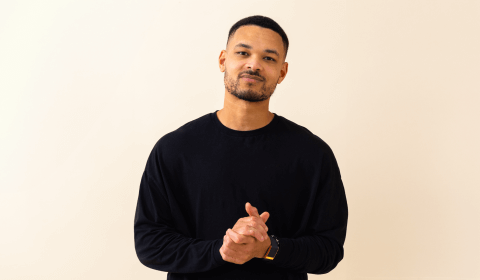We spoke with up-and-coming band ZEBEDE about the trials of pursuing a music career, how they’ve stayed resilient during the pandemic, and even managed to garner some advice for Gen Z on successfully navigating a creative passion in the 21st century.
A neo-soul band that blends a mixture of modern funk with vintage soul, ZEBEDE is an amalgamation of five uniquely talented individuals who came together while studying at the British and Irish Institute of Modern Music in London (BIMM).
Founded in 2018, the group is comprised of vocalist and Nina Simone-obsessed Leah Cleaver, 90s Hip Hop and Lettuce-inspired drummer Max Ashbee, guitarist Charlie Dauber who draws stimulus from the likes of Snarky Puppy, Joey Landreth, and Ariel Posen, psych-rock and king of Motown James Jamerson-influenced bassist Mike Jones, and pianist Henry Coombes who, struggling to express himself melodically and harmonically at university, decided to channel his inner Robert Glasper and learn keys – despite majoring in drums.
Their diversity as musicians, varying musical backgrounds, and assorted influences all play a significant role in shaping the band’s song-writing process. Not only does ZEBEDE tastefully blend a plethora of genres with apparent ease, but their chemistry as a unit is evident and their creations are driven by a genuine excitement for one another’s ideas.
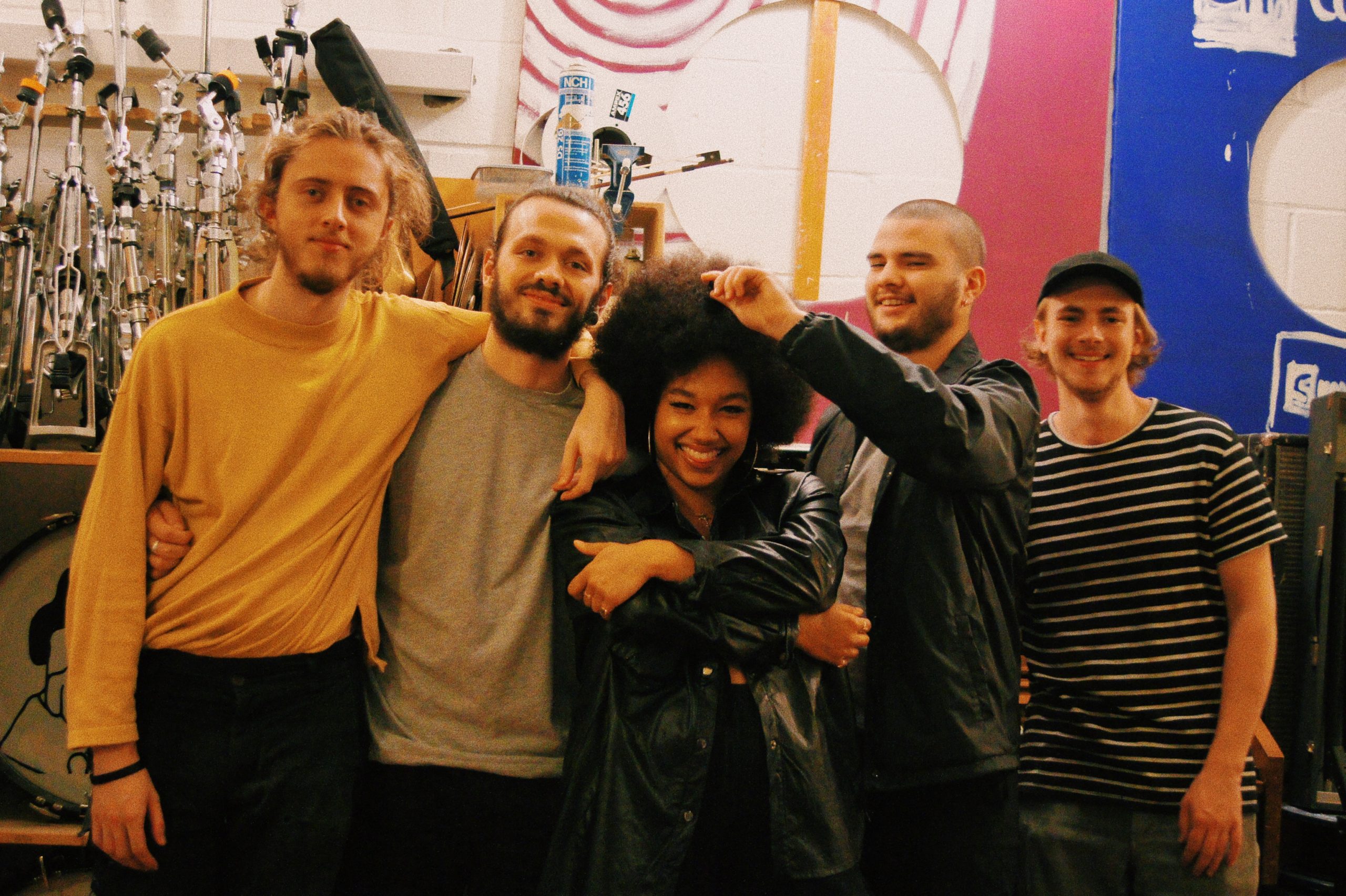
‘80 to 90 per cent of the time we’re all in a room and we all chip in collectively,’ they tell me. ‘The more we’ve gotten to know each other, the more we understand the direction we want to go in, but it’s constantly evolving.’
‘What shapes our music is five different minds coming out to play. We’ve always been big on sharing songs with each other which is why it feels like there are several alternating styles within each track. It’s like a puzzle where every piece is a different part of one of us that’s been brought to the table.’
It goes without saying that ZEBEDE, alongside countless other musicians with them, have been hit incredibly hard by the repercussions of Covid-19, but their refusal to be disheartened by the complications that have affected them beyond measure is certainly admirable.
A prime example of young Gen Z creatives surviving and thriving during a challenging period, they’re proof that with patience and discipline, success and creative fulfilment is indeed possible, no matter what life throws at you.
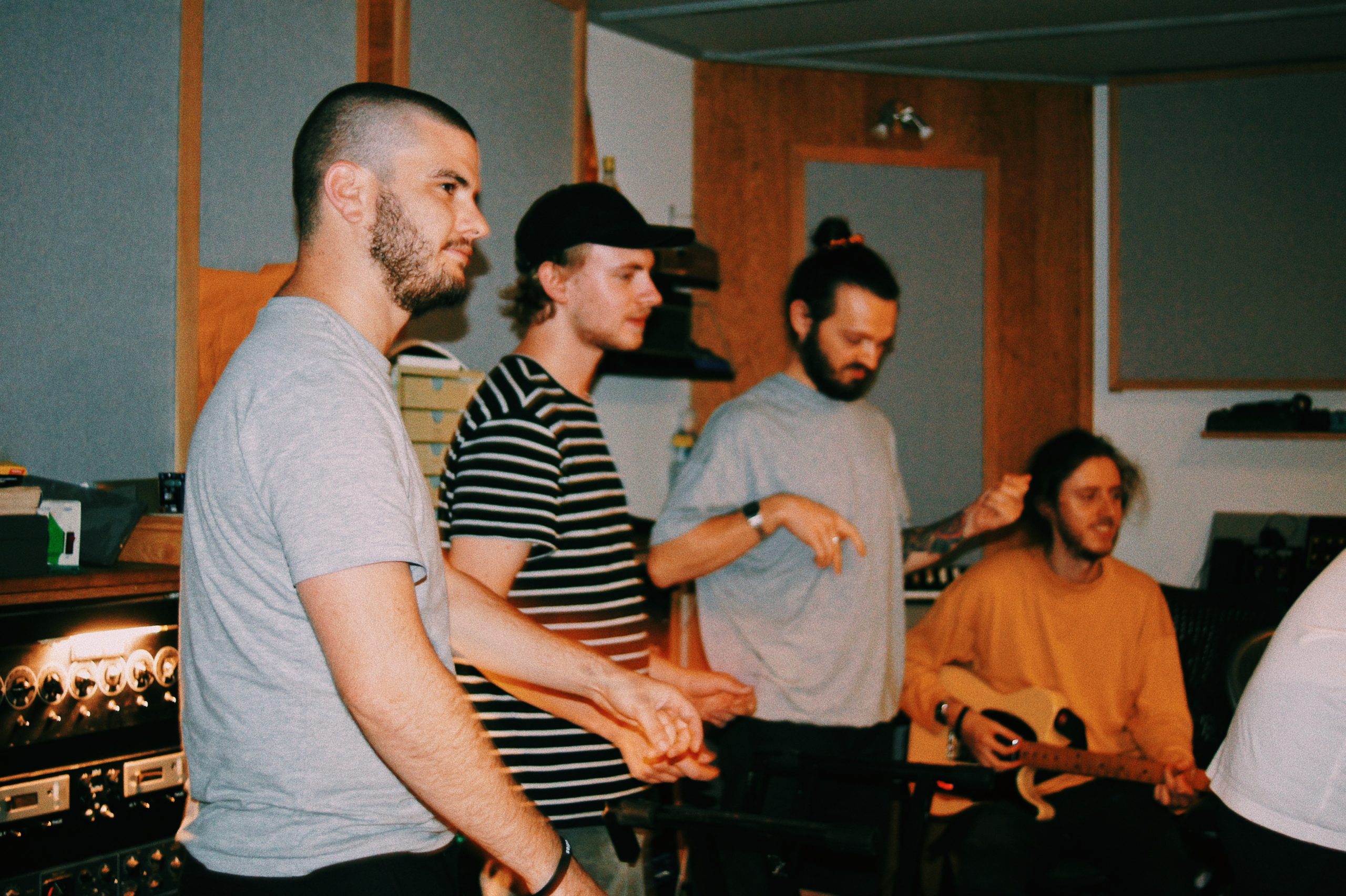
‘We’ve had to re-evaluate everything because when you’re used to being persistently busy with gigs and rehearsals every week – which themselves are a release – and all you’re left with is admin, it’s tedious, it becomes all work no play,’ says Max.
‘To combat this, we have days where we sit and listen to our music to remind ourselves we actually do something of value. 95% of ZEBEDE right now is just keeping each other’s spirits high. Reflecting on the past to stay positive in the negative environment that’s been presented to us.’
The band is holding onto the reassurance that there’ll soon be an end to this and that, when it comes, there’s likely to be an explosion of British music within a post-Brexit England. Essentially, they’re finding hope in the expectation that there’ll be a huge demand for UK artists who remained motivated throughout lockdown and managed to adapt to their newfound surroundings.
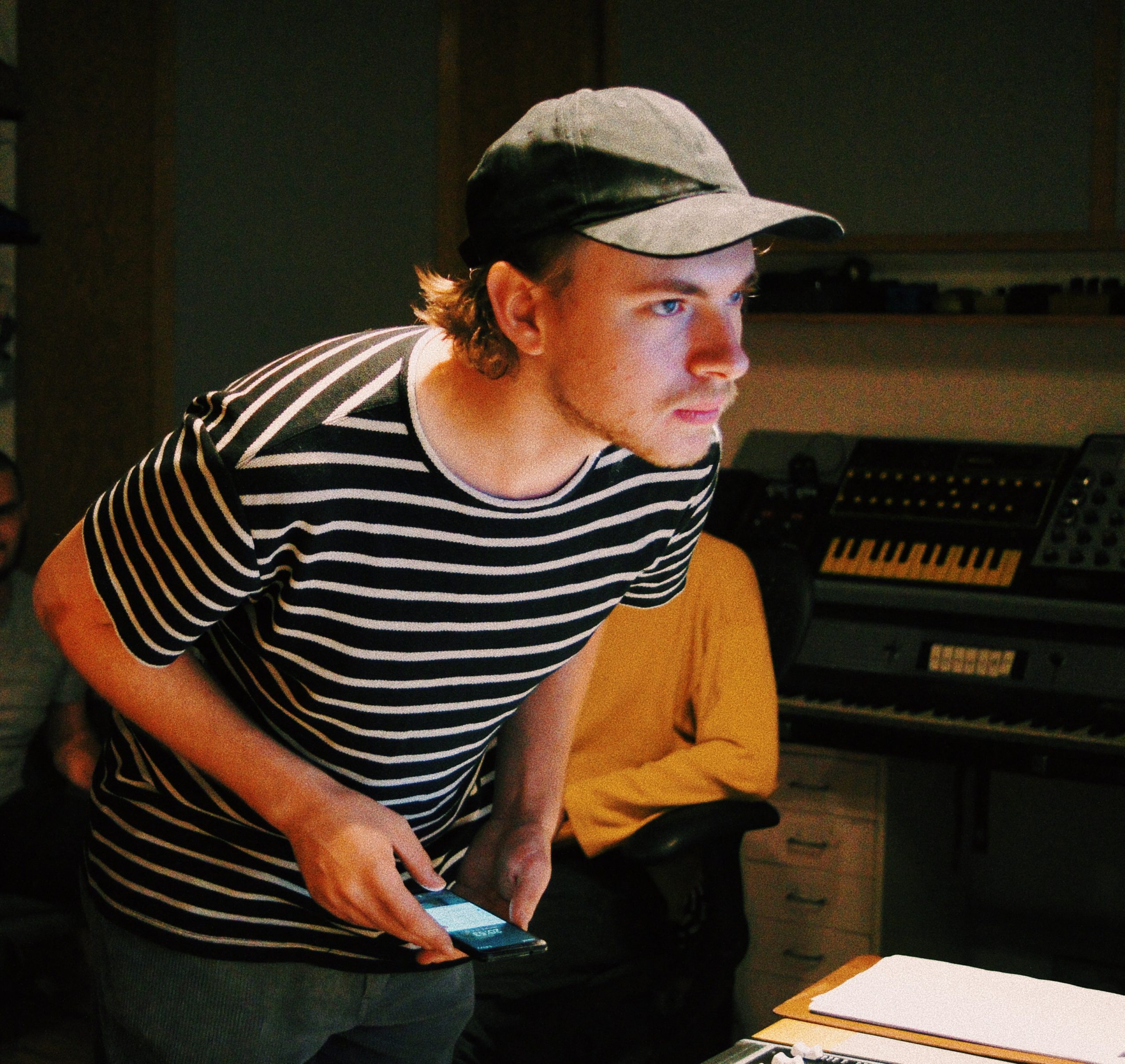
So, how do five distinct personalities go about getting a song from concept to release?
ZEBEDE’s creative process is an interesting one.
Going beyond just the skills and techniques they acquired during their studies, it involves adapting to the progressions they’ve made as a group and inserting them into the ever-changing mode of expression that is their music.
‘We have hundreds of voice notes of random, unnamed tracks from jamming sessions which, on occasion, we’ll develop into something great,’ explains Henry. ‘In actual fact, we still don’t believe anything is ever really finished. Sometimes we’ll be in the recording studio and think “there’s a new bit we could add,” so it’s not until the final moment it gets sent off that it’s truly done.’
‘As we continue to grow, so too does our music, but our primary rule of thumb is that, at its core, it needs to feel like us.’
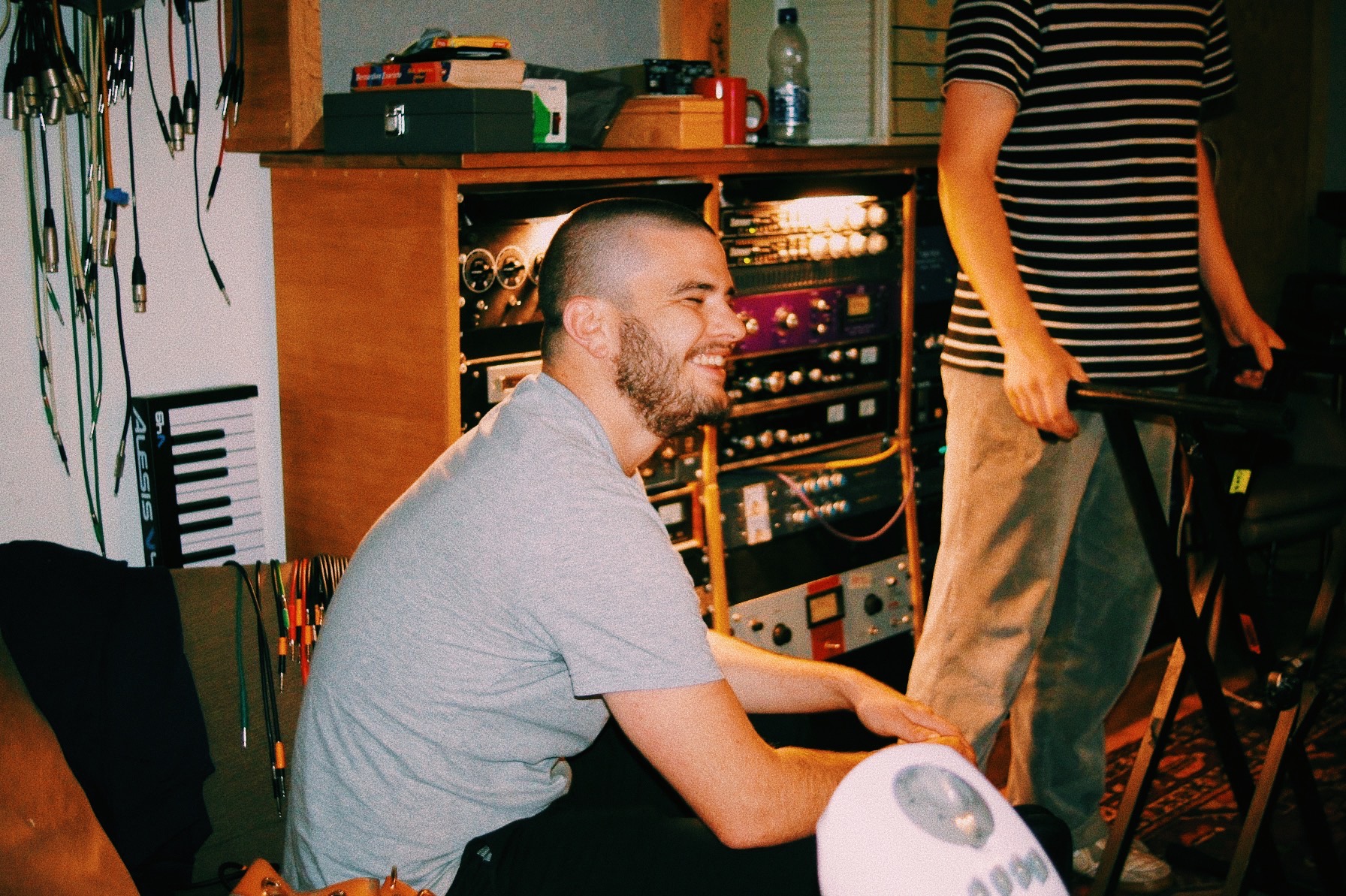
In light of this, it feels apt to ask what pushes them to go against the grain amidst increasing pressure to slip into the mainstream. Stressing the importance of staying true to themselves, they tell me that they aren’t making music to please everyone and that the only compromises they’ll make are minimal ones.
‘We’ve always had this thing where we make music that we personally would want to listen to,’ says Charlie. ‘If we have to supress ourselves to make money, we simply won’t. ZEBEDE is our own and we refuse to adhere to limitations because we’re so proud of ourselves for what we create. Why red tape that?’
It’s also worth noting that a musician’s creative process is an inherently lengthy one, requiring serious dedication and perseverance. For this reason, it’s understandable that ZEBEDE would feel reluctant to conform, not solely because it means losing integrity, but due to the sheer amount of time and effort that goes into making a song.
‘After that first release, you come to understand that it’s in no way an instant turnaround,’ says Max. ‘It doesn’t matter how quickly you write them, or how many you have under your belt, the whole process can take up to an entire year.’
Creative differences and using music to enforce change
Regarding how to deal with creative differences – an issue anyone traversing an artistic field will encounter at one stage or another – ZEBEDE tells me that trust is essential and that, while there’s bound to be conflict, it’s about acknowledging that five individuals equals five alternate viewpoints.
‘We trust each other a great deal so when someone’s absolutely sure about an idea, we trust their judgement and we’ll go with it,’ says Leah.
‘When someone’s really gunning for something, it’s part of them, they’ve committed to it, and we appreciate what they do, the way they play. If it ever gets heated between us, it just goes to show how much we care. We’re very respectful of that and we aren’t here to shut anyone down because we want to create things that represent us all.’
Leah, who has a knack for writing poetic lyrics merged seamlessly with witty raps that appear to immediately click with her audience, explains her method of doing so. ‘For me, it’s how the words react to the music, the way they sound when I sing them’ she says. And, as a young, Black woman she’s optimistic that her music will be a positive force for change, raising awareness about the absence of POC and female representation in the industry.
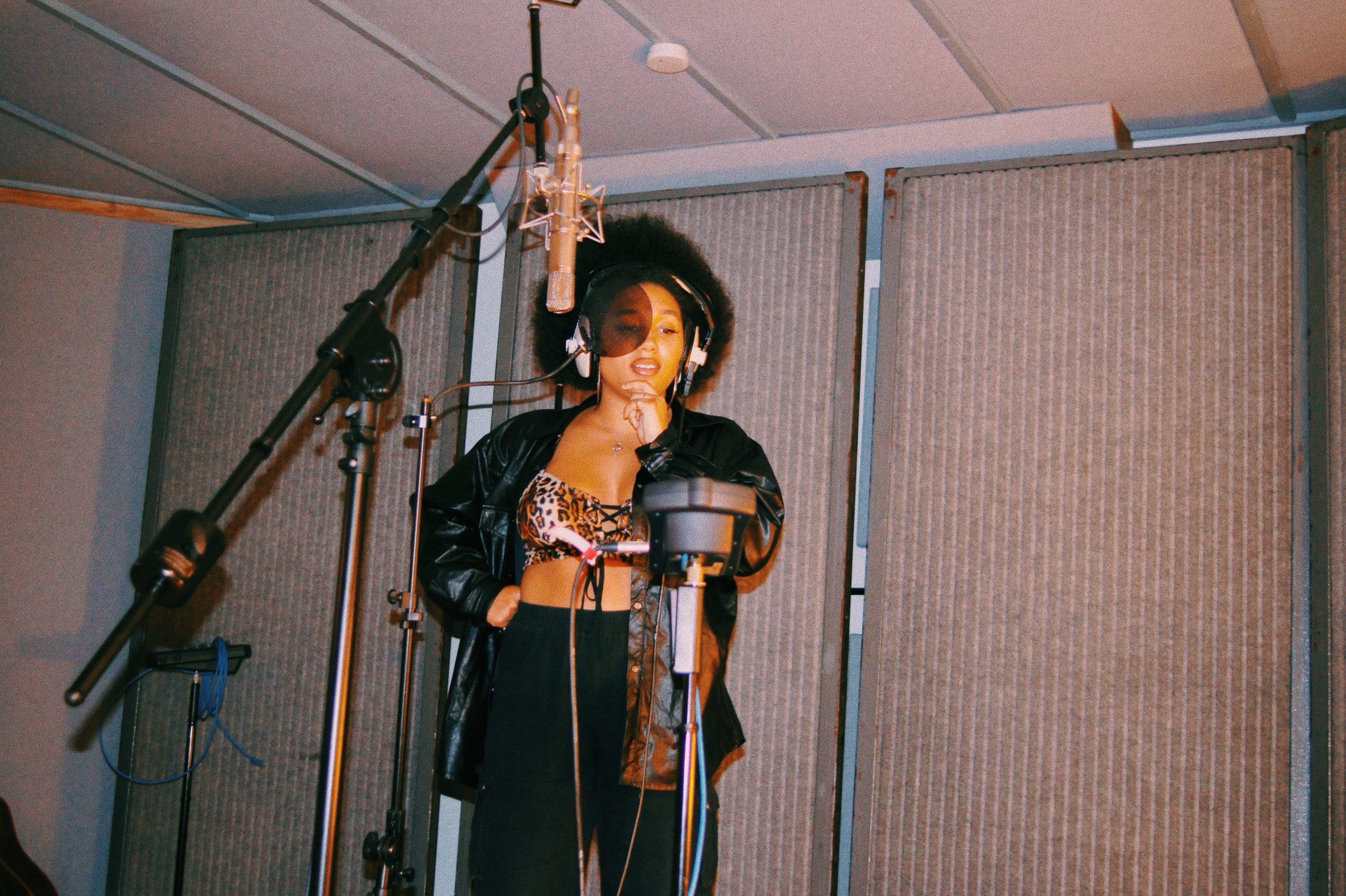
‘The boys are very free-thinking, so I don’t think we’ll ever not cover it, but I’d like to see more musicians like me owning who they are, celebrating themselves, and finding power in it,’ she says. ‘I don’t want people to treat me differently as a Black female, but I also don’t want them to forget it.’
Leah believes that people listen to music more than they do their peers and adds that although some artists avoid addressing certain topics, with a platform comes a responsibility to help us understand how to do better and it’s what she sets out to do with her words.
‘If you feel a certain way you should always write it down. No matter the size of your following, they’re going to listen to what you have to say so you just have to say it and put it at the front of your art.’
This also applies to music as a means of dealing with emotions, which is particularly relevant amidst a global pandemic that’s had a tumultuous impact on the industry. With the creative process a cathartic one, it’s something to hold onto at a time when maintaining the resilience to keep going seems no easy feat. ‘Being a musician may be a complete whirlwind, a personal, complicated, and emotional journey,’ says Mike, ‘but we need it now more than ever before.’









